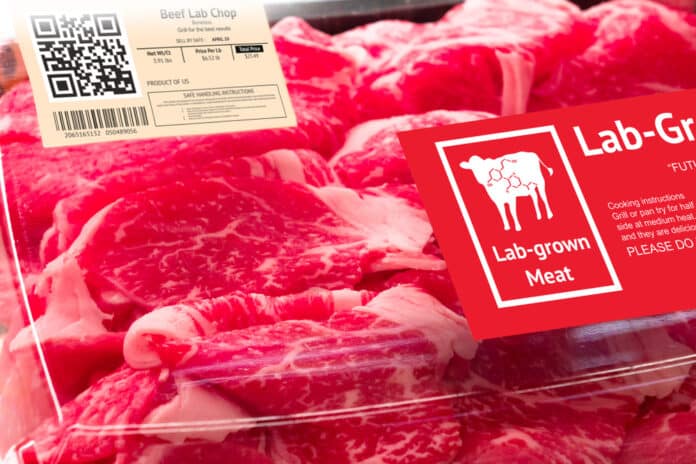
Lab-grown meat may no longer be a stretch of the imagination because many restaurants may feature this product across various restaurants as early as this year. Once known as a plot device of sci-fi and fantasy fiction, lab-grown meats, according to executives at cultivated meat companies, may be on the menu in a few months.
This comes from a keen regulator’s nod given to this cultivated meat company. To back this move, some meat companies have signed luxurious chefs such as Argentine Francis Mann and even Jose Andre, a Spanish chef. However, before it becomes the bane of some restaurants’ existence and a standard item in households, there are some significant challenges these products must overcome.
One of its significant challenges is adequate funding, enabling products such as cultivated beef steaks and chicken breasts to become relatively affordable across the country. This issue is further compounded by the fact that there is a certain reluctance by customers to attempt to eat lab-grown meat.
Lab-grown meats are meats produced via the in-vitro cultivation of animal cells. Also known as ‘cell-derived meat’ or ‘slaughter-free meat,’ these kinds of meat are obtained from the extraction of cells from an animal. These cells are then kept in large; steel vessels called bioreactors before they are processed into what looks and taste like real chunks of meat.
However, only one country
—Singapore— has approved the retail sale of cultivated meat. The United States looks poised to follow suit, with the U.S. Food and Drug Administration (FDA) noting that cultivated meat products produced by a California-based company, UPSIDE Foods, were safe for consumption.
UPSIDE now looks toward achieving meaningful engagement with restaurants as soon as 2023 and grocery stores by 2028.
The Future of Food
Conclusively, culture meat is not a novel concept that sprung up a few years ago. A decade ago, Dr. Post Mark in the Netherlands grew the world’s first lab-grown burger in 2013, Co-founded by Google. In addition, cultured meat was offered to many food critics, but the reviews were less than desirable. After this experiment, there have been many failed predictions as to when such lab-grown products will reach the shelves of various supermarkets.
A report published by Kearney, a consultancy firm, estimated that hi-tech vegan replacements and lab-grown meats within the next decade would provide about one-third of the global meat supply. It further stated that by 2040, cultured could have overtaken the vegan alternatives and would make up 35% of the market.



















